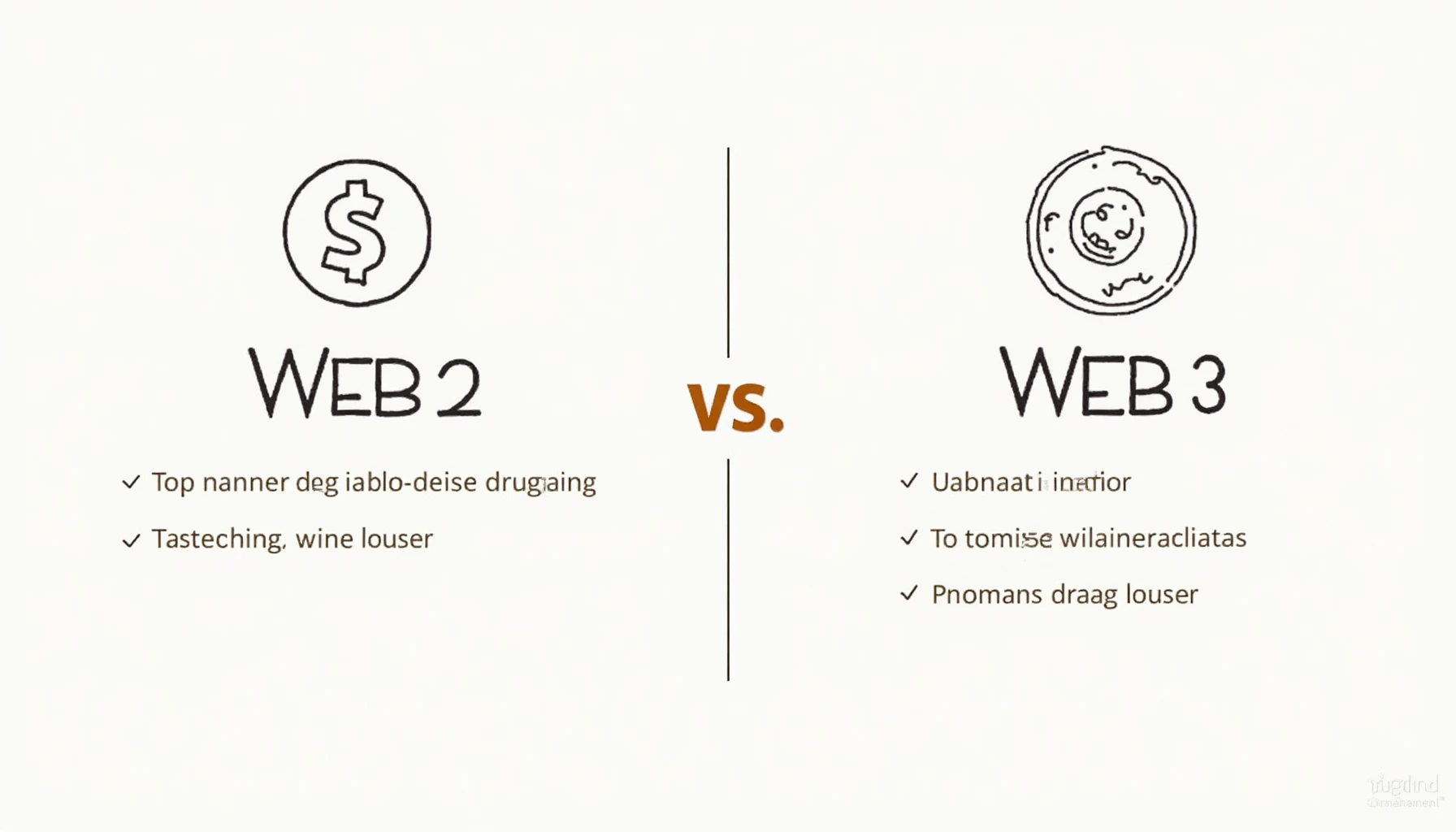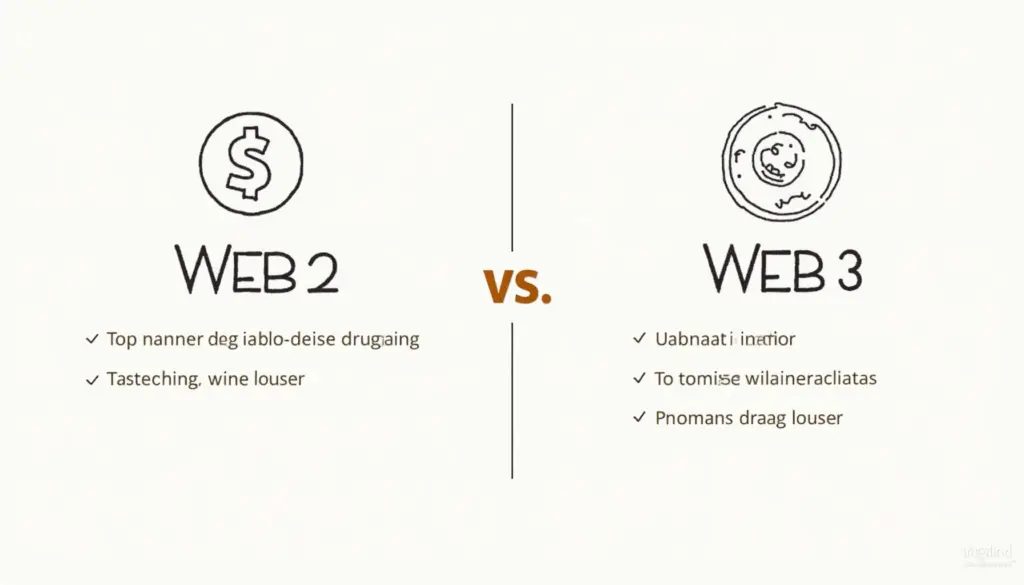Web3 vs Web2 Comparison: The Future of the Internet is Decentralized
Is the Future of the Internet Really Decentralized?
With over 5.6 billion internet users worldwide, the rise of digital currencies is reshaping how people engage online. Yet, only a fraction truly understands the underlying technologies that fuel this transformation, like blockchain. If you’ve ever wondered how digital currency trading differs in a decentralized versus centralized web environment, you’re in the right place.
What is Web2 and How Does it Work?
Web2 refers to the current phase of the internet where users can create content, share, and interact. For example, think about social media platforms or online shopping sites where data is primarily controlled by large corporations. Here, user-generated content flourishes, but it comes at a cost – your data is sold and your privacy is compromised.
- Data Ownership: Platforms own user data.
- Monetization: Advertisements fuel revenue.
- Example: Facebook, Google.
Understanding Web3: The Decentralized Alternative
In contrast, Web3 aims to place data back into users’ hands. Utilizing blockchain technology, this decentralized web allows for direct peer-to-peer interactions – without intermediaries. Here’s a quick breakdown:

- Autonomy: Users own their data.
- Cryptocurrency: Integrated payment systems like Ethereum or Bitcoin.
- Example: Decentralized applications (dApps).
Why Should You Care About This Shift?
The transition from Web2 to Web3 isn’t just tech jargon; it’s likely to impact your financial future. With the rise of digital currencies, understanding how to securely store and trade cryptocurrencies is becoming essential. For instance, by 2025, analysts predict that over 40% of transactions will occur in the Asia-Pacific region. So, how can you prepare for this digital currency revolution?
How to Securely Store Cryptocurrencies
It’s crucial to understand how to safely store your digital assets in this new era:
- Consider using a hardware wallet like Ledger Nano X, which can reduce hacking risks by up to 70%.
- Keep your private keys offline whenever possible.
- Regularly update your software and security practices.
Concluding Thoughts: What Comes Next?
The debate between Web3 and Web2 is more than theoretical; it represents the future of how we will interact with our digital lives. Remember, this isn’t just a passing trend but a structural shift in the internet landscape. As digital currencies continue to evolve, staying informed and prepared can make a difference. Want to dive deeper? Start by exploring our comprehensive guide to securing your cryptocurrency today!
Disclaimer: This article does not constitute investment advice. Always consult local regulations before engaging in digital currency trading.



